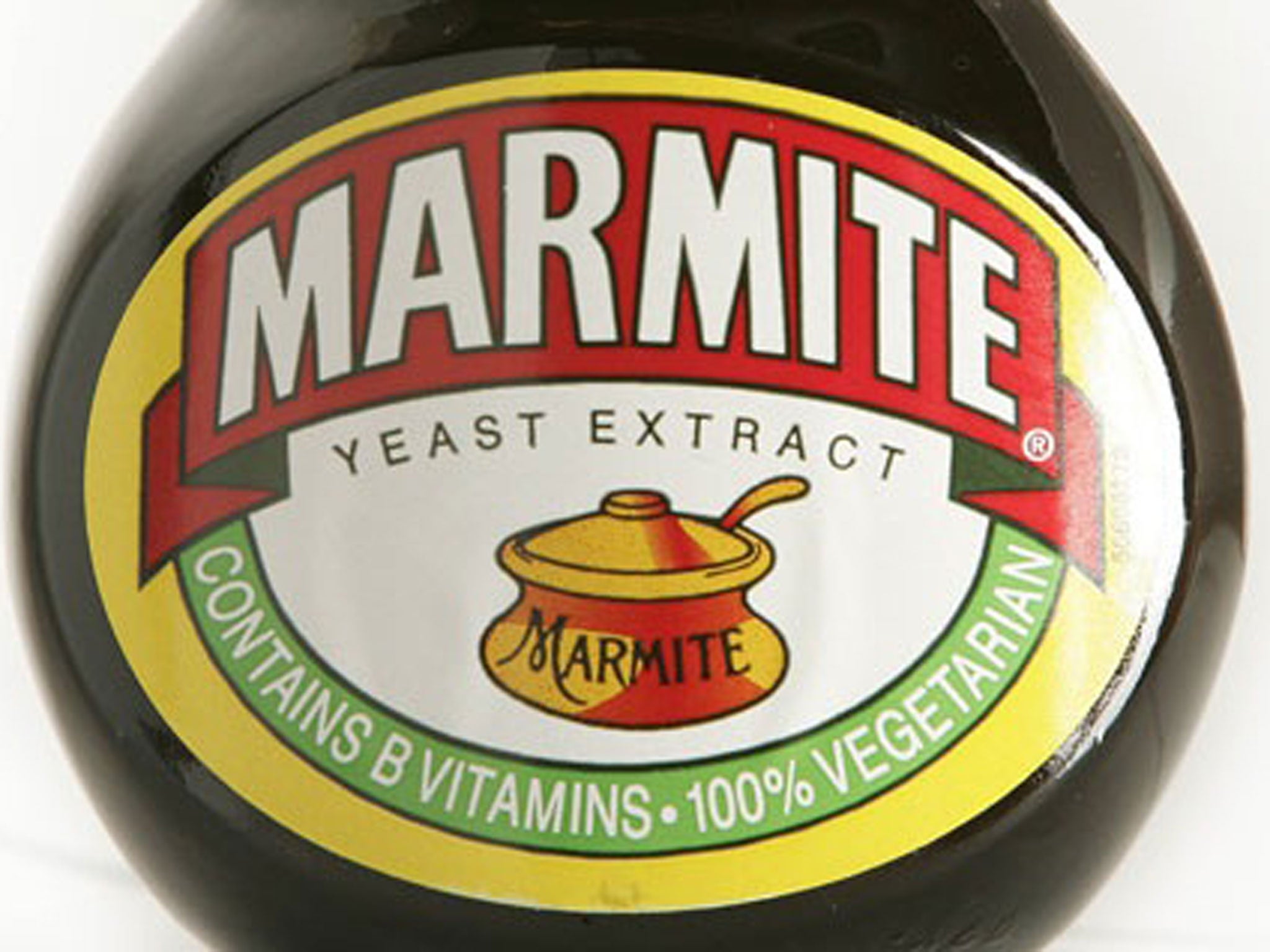Vitamin B12 found in meat, fish, dairy and Marmite could be causing your acne
B12 changes the way skin bacteria behave leading to spots, pimples and blackheads on susceptible people

Your support helps us to tell the story
From reproductive rights to climate change to Big Tech, The Independent is on the ground when the story is developing. Whether it's investigating the financials of Elon Musk's pro-Trump PAC or producing our latest documentary, 'The A Word', which shines a light on the American women fighting for reproductive rights, we know how important it is to parse out the facts from the messaging.
At such a critical moment in US history, we need reporters on the ground. Your donation allows us to keep sending journalists to speak to both sides of the story.
The Independent is trusted by Americans across the entire political spectrum. And unlike many other quality news outlets, we choose not to lock Americans out of our reporting and analysis with paywalls. We believe quality journalism should be available to everyone, paid for by those who can afford it.
Your support makes all the difference.It is an essential nutrient that helps the brain, nerves and blood work properly and which is found in meat, fish, eggs, dairy products and Marmite.
But it turns out that vitamin B12 could be causing acne, the skin disorder that results in spots, pimples and blackheads, scientists have found.
A new study has found that the vitamin changes the way bacteria behave on the skin of susceptible people.
Vegan diets could be the key to getting rid of spots, because B12 is mostly found in animal products. But be warned: not getting enough of the vitamin can lead to fatigue and a lack of energy.
The discovery could lead to new treatments for the distressing skin disorder, and shed light on why some people who take vitamin B12 supplements come out in spots.
While it was already known that taking the vitamin pills can result in acne flare-ups, no-one knew exactly why.
The new study solved the mystery by showing that the vitamin alters the metabolic activity of the skin bug responsible for acne, Propionibacterium acnes.
This causes the bacteria to secrete an inflammatory compound that in turn triggers pimples.
But the effect is not the same for everyone - some people are more vulnerable than others due to the complex interaction of bacteria and host.
Researchers led by Dr Huiyang Li, from the University of California, Los Angeles, write in the journal Science Translational Medicine: "Our findings suggest a new bacterial pathogenesis pathway in acne and provide one molecular explanation for the long-standing clinical observation that vitamin B12 supplementation leads to acne development in a subset of individuals.
The paper adds that “interactions between the host and the skin … play essential roles in disease development”.
The research involved testing 10 volunteers who were all given vitamin B12 supplements. Within a week, just one of them broke out in spots.
To investigate what had happened the researchers collected bacterial samples from the participants' noses using deep-cleansing pore strips.
They discovered that excess B12 quenched the bacteria's own production of the vitamin, which had the effect of boosting levels of an inflammatory compound, porphyrin, released by the bugs. Porphyrin is known to drive the inflammatory skin response linked to acne.
The researchers added: "Future follow-up studies may potentially lead to the development of new therapeutics for this medically important disease."
The study proves the link between B12 and skin bacteria - but that doesn't mean people should stop taking B12, the researchers stress.
Vitamin B12 plays key roles in the normal functioning of the brain and nervous system, and red blood cell formation. Deficiency of the vitamin can lead to fatigue and lack of energy.
Perhaps the solution is to adopt a strict vegan diet – just make sure you avoid a certain divisive spread made out of yeast extract.
Additional reporting by Press Association
Join our commenting forum
Join thought-provoking conversations, follow other Independent readers and see their replies
Comments